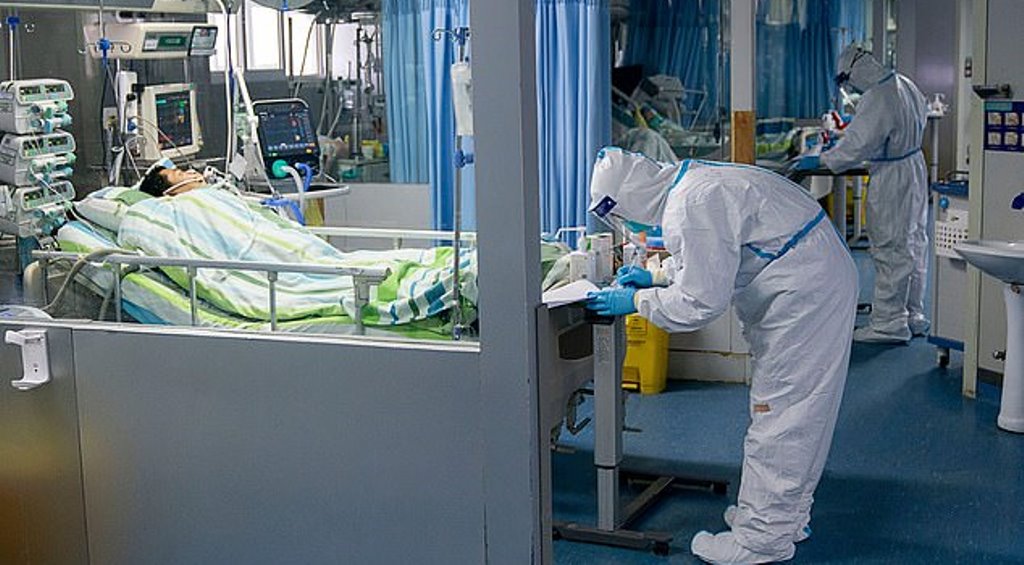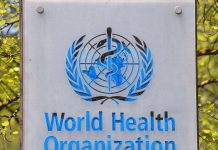THE East African Community (EAC) Secretariat has asked partner states to step up surveillance on a deadly Coronavirus (2019-nCoV) following its outbreak in China.
The Secretariat issued an alert in response to the Coronavirus outbreak in the city of Wuhan, Republic of China, with other countries also reporting cases of similar deadly disease.
The outbreak of the mysterious new Coronavirus is rapidly spreading, the Chinese authorities said on Tuesday, as the official account of known cases jumped nearly 60 per cent overnight and the death toll exceeded 100 for the first time.
The Secretariat said that most of the cases occurred in China and sporadic ones have been reported from Australia, France, Japan, Malaysia, Nepal, Singapore, South Korea, Taiwan, Thailand, the US and Vietnam. Nearly all of them have links to Wuhan.
For the time being WHO decided against declaring the outbreak a public health emergency of international concern but is closely monitoring the development.
“As the EAC Partner States maintain close trade relations where many East Africans regularly travel to and from China, and vice versa, the EAC Secretariat strongly recommends that EAC Partner States step up disease surveillance and control measures at the international airports and other points of entry to avoid the outbreak from spreading to the region. These measures should be kept up until the outbreak is contained,” the statement reads in part.
The Acting Head of the EAC Secretariat’s Health Department, Dr Michael Katende urges EAC partner states to undertake screening of passengers at international airports arriving from South East Asia, especially on direct flights from Wuhan for flu-like symptoms that resemble the Middle East respiratory syndrome.
They should also collect detailed personal, clinical and contact information of all travellers, especially those from South East Asia, watch out for any person with a positive history of travel in the last 14 days to South East Asian countries for screening and further management in case the need arises.
Dr Katende called for enhanced hand-washing practices at airports and land crossing points as personal hygiene is the best means of infection prevention; prepare to collect specimens from patients suspected of novel coronavirus infection and alert health facilities to prepare for the treatment of infected people.
He said the public should be informed on the need to seek early medical care and informing healthcare providers on any recent travel and anyone who develops symptoms of severe respiratory illness.
Covering mouth when sneezing and thoroughly heating food of animal source are important means of infection prevention.
In addition, the EAC Secretariat urged the partner states’ ministries responsible for health to advise health staff in the country to complete the WHO online course on ‘ Emerging respiratory viruses, including nCoV: methods for detection, prevention, response and control’. The course offers basic information.
The EAC Secretariat is currently stepping up outbreak prevention in the region by preparing the mobile laboratories of the Partner States for 2019-nCoV sample testing.
For the time being, the laboratories have the capacity to detect various corona viruses and re working with WHO to acquire specific primers to test for the novel strain.







